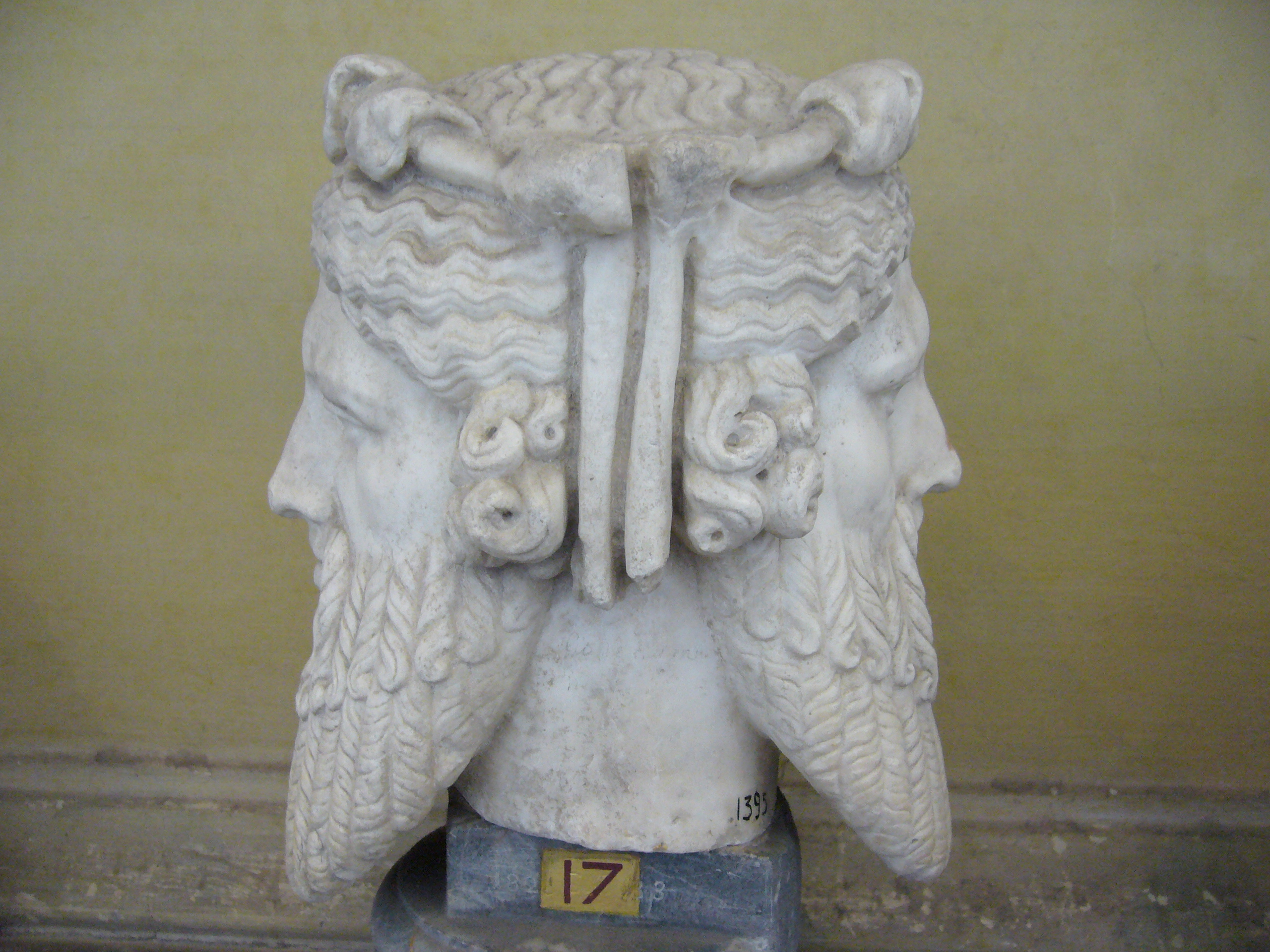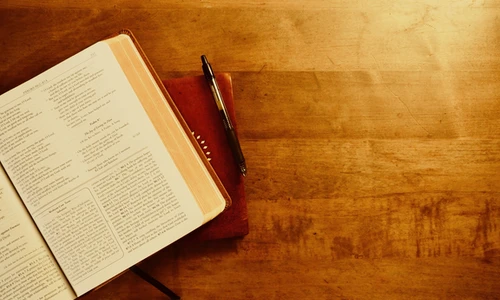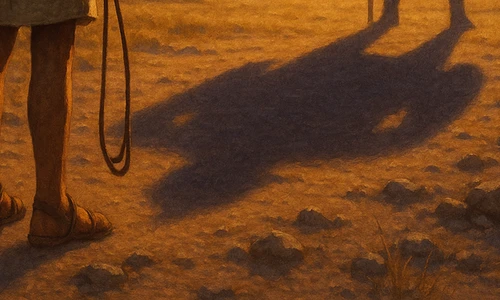“But watch yourselves lest your hearts be weighed down with dissipation and drunkenness and cares of this life, and that day come upon you suddenly like a trap.”
Something changes fundamentally during the season of death, the fall, sliding into winter, that makes us yearn for rebirth, revitalization, renewal. For Christians, that thing is Jesus Christ, and the Advent season that portends His coming. But it happens for everybody.
The warning from Jesus in this verse is an important reminder in this season of resolution. From about February through November, we tend to focus on our lives: our day-to-day, week-to-week lives. What to wear to work tomorrow; whose turn it is to do the dishes; which church service are we attending on Sunday; did I remember to prepare for Bible study this week; when is the Virginia Tech game1.
But some time around the end of November, we begin to lift up our eyes from the mundane (in between college football and Christmas shopping and tree decorating and baking) to the year behind and the year ahead. This is not new, not even in the Christian Era.
The month of January is named after the Roman god Janus, a two-faced god who looked both backward and forward—to the year behind and the year ahead. Long ago, this feeling was already old.

For the non-Christian world, the looking ahead starts not with Advent but with New Year’s. We make resolutions and promise ourselves we will start afresh, do better this year than last year2.
Jesus reminds us in this brief sentence in the middle of a terrifying apocalyptic prophecy that Advent is a year-long season. Preparation does not end at the dawn of Christmas, nor even at the conclusion of Epiphany. We don’t poke our heads up for four weeks + twelve days near the end of the year, and then lower them back to the grindstone come January 7.
Let’s look briefly at the three traps Jesus identifies today.
Dissipation. Maybe I’m too much of an engineer, but all I can think of with this word is dissipation of heat or of power, or maybe like smoke dissipating in a room, which makes me think Jesus was talking about frivolous matters that draw our minds from the weightiness of the gospel. But get you a Strong’s Concordance (or Logos app) and see that the Greek word here, “κρεπάλῃ”, means “excess”—KJV uses “surfeit” because they’re fancy over there in 1611 England—and it turns out “dissipate” can also mean “squander,” which is what Jesus means for us to avoid. It can also be used to mean the feeling of drunkenness, or of having eaten too much, that uncomfortable queasiness after an evening of debauchery. Which leads us to…
Drunkenness. This one is easier to translate. It means, um, drunkenness. Like with wine. But I think we can expand in two directions. First, drunkenness reminds us of excess of all kinds, not just of alcohol. Second, drunkenness means a lack of sober-mindedness, the kind of focus Peter encourages in 1 Peter 1:13 and 1 Peter 5:8–9. If we are drunk, and not alert, we will miss the subtle work of Satan, the adversary, who prowls like a lion just waiting for you to let your spiritual guard down. So this caution is not just against having too much to drink, but against forgetting that we are in a state of spiritual warfare (Ephesians 6:12).
Cares of this life. Jesus covers all our bases in these three warnings: any distraction from the eternal hope in the grace of the gospel of Jesus is deadly. He calls out excess and drunkenness as two specific factors, but in case you thought it was okay to focus on your job, or your health, or even your family to the exclusion of holiness, Jesus catches you up here. What is it that you care about in this life? Work, church, and football? A wife, a house, kids, and a dog? No, says Jesus, seek ye first the kingdom of God! (Matthew 6:33)
So we give up the burdens of our hearts to Jesus, whose burden is easy, and whose yoke is light (Matthew 11:30).
We keep our eyes lifted up each day, each morning, to see the glory of the Lord coming on the wings of the dawn.
We prepare our hearts each day and confess our sins each evening, to prepare for the thief in the night.
We make our hearts light, buoyed by the minute-by-minute grace of Jesus, anchored within the veil, not to a bad day at work (or even to a good day at work).
Advent doesn’t end at Christmas. It begins again every time you open your eyes.



